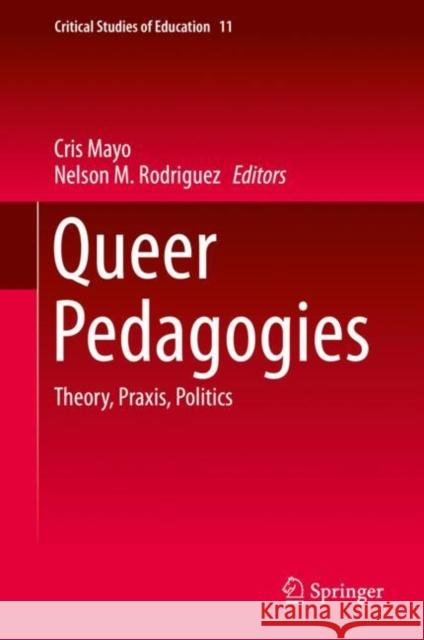Queer Pedagogies: Theory, Praxis, Politics » książka
topmenu
Queer Pedagogies: Theory, Praxis, Politics
ISBN-13: 9783030270643 / Angielski / Twarda / 2019 / 148 str.
Kategorie:
Kategorie BISAC:
Wydawca:
Springer
Seria wydawnicza:
Język:
Angielski
ISBN-13:
9783030270643
Rok wydania:
2019
Wydanie:
2019
Numer serii:
000619426
Ilość stron:
148
Waga:
0.40 kg
Wymiary:
23.39 x 15.6 x 1.12
Oprawa:
Twarda
Wolumenów:
01
Dodatkowe informacje:
Wydanie ilustrowane











